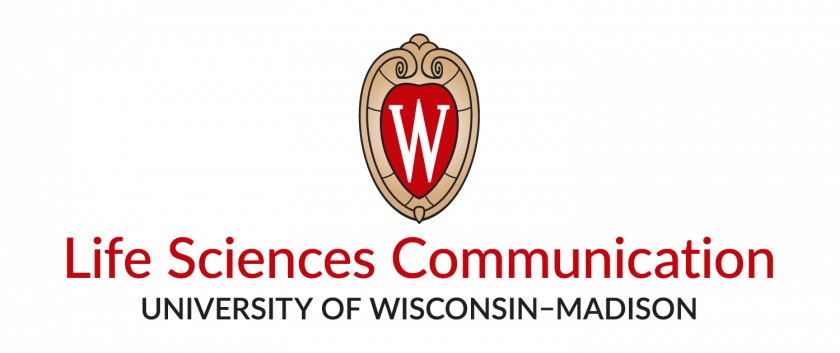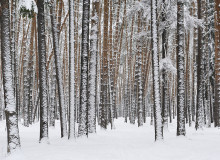The Department of Life Sciences Communication at UW-Madison is a research leader in science communication with faculty and alumni who are among the most highly cited in the field, such as in the recent book, The Science of Science Communication (Oxford University Press, 2017). A degree from LSC prepares students for professional and academic careers related to communicating health issues, the environment, agriculture, and the biological sciences in an era of rapid technological change and media convergence.
Our faculty studies a broad range of science communication issues critical to the future of our state, nation, and global community. Examples include combating invasive species to preserve environmental integrity, exploring how risk aversion influences public opinion of controversial science, and investigating how communication affects political behavior on climate and energy issues.
LSC offers bachelor’s, master’s, and doctoral education in science communication. Coursework is grounded in communication theory and research methods but can also include substantive areas other than communication. For example, a student wishing to become an environmental reporter might take courses in environmental studies and participate in environmental organizations and internships.
For more information about LSC and our graduate programs, please visit http://lsc.wisc.edu/.


_0.jpg%3Fitok=MOr1GECe)

